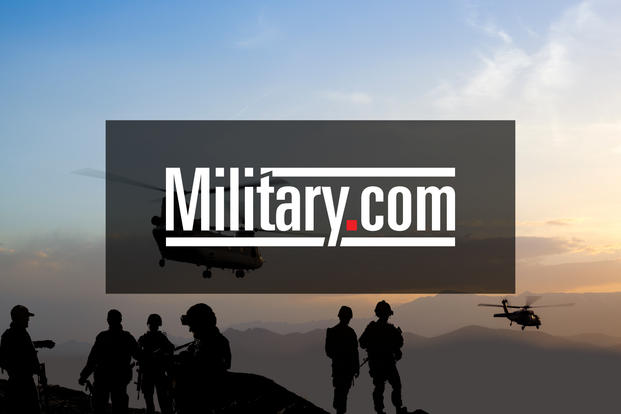Daniel L. Davis is a Senior Fellow for Defense Priorities and a former lieutenant colonel in the U.S. Army who retired in 2015 after 21 years, including four combat deployments. Follow him @DanielLDavis1.
In a series of entirely predictable moves, after the UN Security Council (UNSC) rejected Washington's proposed resolution to extend a conventional arms ban on Iran, President Donald Trump announced that the U.S. would soon unilaterally extend the sanctions anyway. These unnecessary actions decrease America's diplomatic leverage, increase the risk of war in the Middle East, and continue to degrade our influence even among our staunchest allies.
The so-called strategy of maximum pressure against Tehran has been--and continues to be--an abject diplomatic failure for our country. It should be abandoned without delay and replaced with a new policy based on a sober analysis of the realities in the region.
The subject of the UNSC's rejection relates to a provision in the 2015 Joint Comprehensive Plan of Action, also known as the Iran nuclear deal, which imposed a five-year ban on conventional weapons sales to Iran. That prohibition automatically expires on October 18th, 2020.
Unsurprisingly, Russia and China voted against the United States' request to extend the ban. What was very much noteworthy, however, was the silence of our allies Germany, France, and the U.K.; only the Dominican Republic voted with us.
Secretary of State Mike Pompeo blasted the Security Council, saying its "failure to act decisively in defense of international peace and security is inexcusable." One of the key problems for American diplomacy, however, is that few outside of Washington really believe Iran poses a serious threat to global peace and security. For our European allies, preserving the Iran nuclear deal is a far higher priority than increasing the risk of a military confrontation.
The reality is that Iran, at best, is a middling power with an aging military checked by other regional powers and does not have the capacity to pose a significant military threat to America. The entire defense budget of Iran (about $12.7 billion) is about the same as one American aircraft carrier. Further, Iran is more than balanced out by its neighbors: Israel, the UAE, Saudi Arabia and Turkey all spend more on defense than Iran.
"Maximum pressure," as currently practiced by the United States against Iran, is a self-defeating mentality that has decisively proven to be an abject failure. Its architects claimed it would bring Tehran to heel, that the pressure would force the ruling mullahs into permanently giving up their nuclear program, and that Washington would end up with a better agreement than the Iran deal that the U.S. pulled out of two years ago. The reality has been almost the polar opposite.
For all the flaws the 2015 agreement contained -- and there were many -- it nevertheless imposed significant constraints on Iran's nuclear programs, made them subject to intrusive international inspections, and by most independent measures effectively froze their program.
In 2018, however, the Trump Administration unilaterally withdrew from the deal and imposed a number of suffocating economic sanctions. Since that time, Tehran has become more belligerent, has dramatically increased the amount of nuclear materials it stockpiles, and has openly increased the development of its nuclear program.
On at least two occasions in the past 12 months, the U.S. and Iran have been a hair's breadth away from stumbling into a war. The longer we blithely continue ignoring our allies and pressing on with maximum pressure, the risk of unnecessary war will continue to rise.
The strategy with the greatest chance of successfully preserving American security -- and the least chance of stumbling into an unnecessary war -- would be to withdraw our combat troops from Iraq, Syria and Afghanistan while strengthening our global intelligence, surveillance and reconnaissance capacity (coupled with an ability to strike all direct threats to America before they metastasize).
The reality is that none of the American combat troops on the ground in those three countries helps bolster American security. Yet their proximity to Iran (and other nefarious state and nonstate actors in the region) places them in nonstop danger of being attacked. In retaliation to the death of Iranian general Qasem Soleimani last January, Iran launched a barrage of missiles at a base in Iraq where American troops were stationed. Miraculously, no Americans were killed in the strike. Other U.S. troops, however, in all three locations continue to die, owing to hostile action. It is time to get our service members out and end the daily risk to their lives.
Continuing to employ maximum pressure is a losing proposition for the United States. It exerts pointless pressure on the Iranian regime, alienates our closest allies, and keeps our combat troops in perpetual danger. Risking another endless war is not in our interests.
-- The opinions expressed in this op-ed are those of the author and do not necessarily reflect the views of Military.com. If you would like to submit your own commentary, please send your article to opinions@military.com for consideration.













